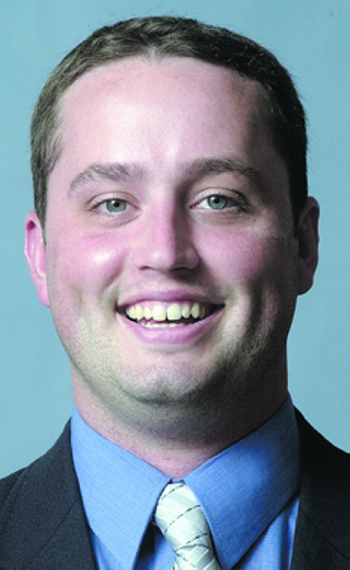AUGUSTA — Hunger and homelessness often go hand-in-hand with each other, even when those hands belong to a child.
A community forum is planned Tuesday to seek ways to help children who are hungry, homeless or both.
A leader of the group says the first place to start is to assess what efforts are already underway in the community to combat child hunger and homelessness to avoid duplicating efforts, and then determine how best to make a difference in young lives.
Ward 2 City Councilor Darek Grant said groups like Augusta Food Bank, Bread of Life Ministries, United Way, church organizations, schools and others are working to address both youth hunger and homelessness, but despite those efforts, there are still Augusta children going without adequate food or without a place to call home.
“If a student is homeless, there are probably times they also go without a meal. They go hand-in-hand together,” Grant said Monday.
According to Augusta School Department statistics, 92 students were homeless last year with 23 of them listing a homeless shelter as their residence and nine of them listing their residence as a hotel.
Also last year, 117 Augusta students received backpacks full of food to take home on weekends to help ensure they’d have healthy food to eat while not in school.
More than 10,000 Augusta children received free bagged lunches via a program involving the school and city recreation departments, which moved around to different city parks over the summer providing the lunches to youths with no questions asked.
The percentages of Augusta students eligible to receive free or reduced price lunches at their respective schools, because their families have incomes low enough to qualify, last year were these: Cony, 52 percent; Farrington, 60 percent; Hussey, 52 percent; Lincoln, 70 percent; and Gilbert, 65 percent.
At Bread of Life Ministries’ homeless shelter in Augusta, which officials have said is frequently full, more than 60 percent of the people who stay there are families with one of every three a child, according to the nonprofit organization’s website.
“We know it’s a need,” Grant said. “We need to identify the challenges and identify where we can help make a difference. We don’t want to be duplicative of other work already taking place in the city. We’ll work closely with the food bank and other nonprofits that deal with hunger issues. We want to bring any stakeholders together and collaborate on how we can strengthen partnerships and raise awareness and ultimately make a difference.”
He noted previously that studies show that students who are hungry don’t do as well in school, because it is harder for them to concentrate on classroom lessons or studying when they are hungry.
Grant said that at the first meeting of the new Augusta Childhood Hunger and Homelessness Working Group on Tuesday a main task will be to identify who and what organizations are already working on those issues, and who wants to be involved in the working group’s mission. The meeting is scheduled for 6-8 p.m. in the lecture hall at Augusta City Center.
Grant, who wrote about an interaction he had with a hungry child in a “Community Compass” column in the Kennebec Journal, said the city council, which approved the formation of the working group, purposefully didn’t appoint members to the group because it wanted to first gauge interest before deciding who should be involved.
He said he’s heard from about 50 people or groups that want to be involved.
Grant hopes many will come together to discuss the problems, what is and is not working to help address them, and what more can be done.
Keith Edwards — 621-5647
Twitter: @kedwardskj
Send questions/comments to the editors.



